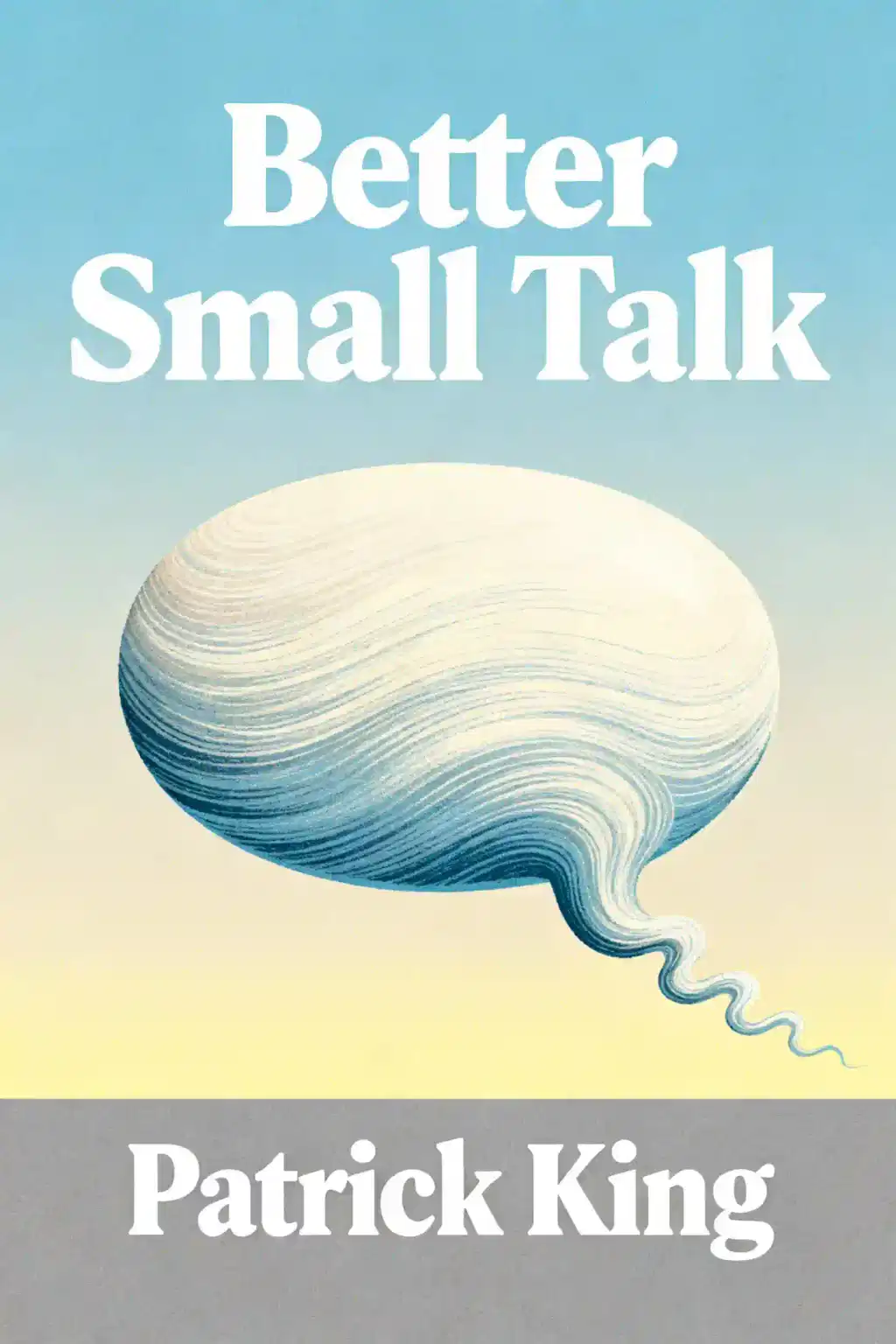
The Humor Habit by Paul Osincup Summary
Overview of The Humor Habit
In "The Humor Habit," Paul Osincup reveals how humor isn't innate but learnable. Using his LAFTER model, executives and teams transform workplace culture while reducing stress. What if the secret to productivity isn't grinding harder - but laughing more? Your resilience revolution starts with a smile.
Similar books to The Humor Habit
Feel the book through the author's voice
Capture key ideas in a flash for fast learning
Quick Summary Mode - Read or listen to The Humor Habit Summary in 7 Minutes
Break down key ideas from The Humor Habit into bite-sized takeaways to understand how innovative teams create, collaborate, and grow.
Flash Card Mode - Top 10 Insights from The Humor Habit in a Nutshell
Distill The Humor Habit into rapid-fire memory cues that highlight key principles of candor, teamwork, and creative resilience.

Personalize Mode - Read or listen to The Humor Habit Summary in 0 Minutes
Ask anything, pick the voice, and co-create insights that truly resonate with you.

From Columbia University alumni built in San Francisco
"Instead of endless scrolling, I just hit play on BeFreed. It saves me so much time."
"I never knew where to start with nonfiction—BeFreed’s book lists turned into podcasts gave me a clear path."
"Perfect balance between learning and entertainment. Finished ‘Thinking, Fast and Slow’ on my commute this week."
"Crazy how much I learned while walking the dog. BeFreed = small habits → big gains."
"Reading used to feel like a chore. Now it’s just part of my lifestyle."
"Feels effortless compared to reading. I’ve finished 6 books this month already."
"BeFreed turned my guilty doomscrolling into something that feels productive and inspiring."
"BeFreed turned my commute into learning time. 20-min podcasts are perfect for finishing books I never had time for."
"BeFreed replaced my podcast queue. Imagine Spotify for books — that’s it. 🙌"
"It is great for me to learn something from the book without reading it."
"The themed book list podcasts help me connect ideas across authors—like a guided audio journey."
"Makes me feel smarter every time before going to work"
From Columbia University alumni built in San Francisco

Get the The Humor Habit summary as a free PDF or EPUB. Print it or read offline anytime.

























